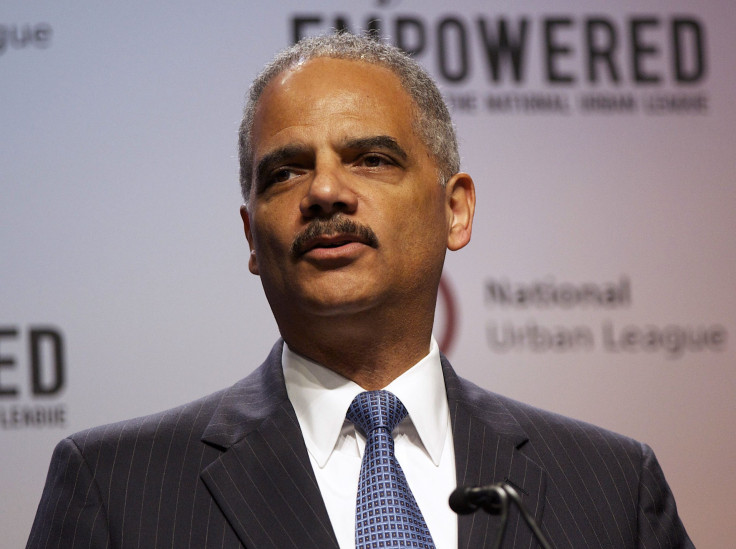Obama Administration Will Not Challenge Marijuana Laws In Colorado, Washington; Will This Affect Other States?

The Obama administration announced today, through a memorandum, that it will allow state and local authorities to address marijuana activity through their own laws. Federal prosecutors, though, will “aggressively" uphold the Controlled Substance Act, under which marijuana remains illegal, if state policies conflict with eight prioritized enforcement areas:
- Preventing distribution to minors
- Preventing sales to criminal enterprises and gangs
- Preventing sales to states where pot remains illegal
- Preventing marijuana being used as a cover for other illegal substances
- Preventing violence surrounding its cultivation and distribution
- Preventing ‘drugged driving’ and other public health consequences
- Preventing pot being grown on public lands
- Preventing possession or use of marijuana on federal property.
The memorandum, sent to U.S. attorneys in all 50 states, serves as an update to the Justice Department’s marijuana enforcement policy. Over the past few years, 18 states and Washington D.C. have passed laws legalizing marijuana for medicinal purposes, while just last fall, Washington and Colorado decriminalized possession of less than an ounce of marijuana. Until today, the Justice Department has neither responded nor offered guidance to state officials on these initiatives.
The Washington Post reports that a DOJ official said Attorney General Eric Holder had called the governors of Colorado and Washington to inform them of the administration’s official stance; the official said Holder told them federal prosecutors would be watching closely as the two states put in place a regulatory framework for marijuana in their states.
"The DOJ has informed the governors of both states that it is deferring its right to challenge their legalization laws at this time," the memorandum states. At the same time, the directive clearly spells out the Justice Department's intention to intervene if “any of the stated harms do materialize—either despite a strict regulatory scheme or because of the lack of one.”
Effects?
According to the National Institute on Drug Abuse (NIDA), a scientific research institute under the National Institutes of Health, marijuana is the most common illicit drug used in the U.S. In fact, according to NIDA, an annual survey finds more teenagers are past-month smokers of marijuana than of cigarettes. Whether it is smoked or consumed in food, THC (tetrahydrocannabinol), marijuana's main mind-altering chemical, acts upon molecular targets on brain cells. These cannabinoid receptors are usually activated by naturally occurring chemicals in the body and are part of a total neural communication network, known as the endocannabinoid system. This system, which plays an important role in normal brain development and function, is overstimulated when marijuana is used and the result is a ‘high.’
According to NIDA, in scientific studies, marijuana use has been associated with a higher likelihood of dropping out of school as well as, among workers, increased absences, tardiness, accidents, workers' compensation claims, and job turnover. Yet other studies, including one conducted by researchers in Spain, have found that “cannabinoids can reduce tumor growth and progression in animal models of cancer, in addition to their well-known palliative effects on some cancer-associated symptoms.” Recently, Dr. Sanjay Gupta, a medical correspondent for CNN, has stated his belief in marijuana’s potential health benefits, though he notes not enough sound scientific investigation has been performed.
Source: Velasco G, Sanchez C, Guzman M. Towards the use of cannabinoids as antitumour agents. Nature Reviews Cancer. 2012.
Published by Medicaldaily.com



























